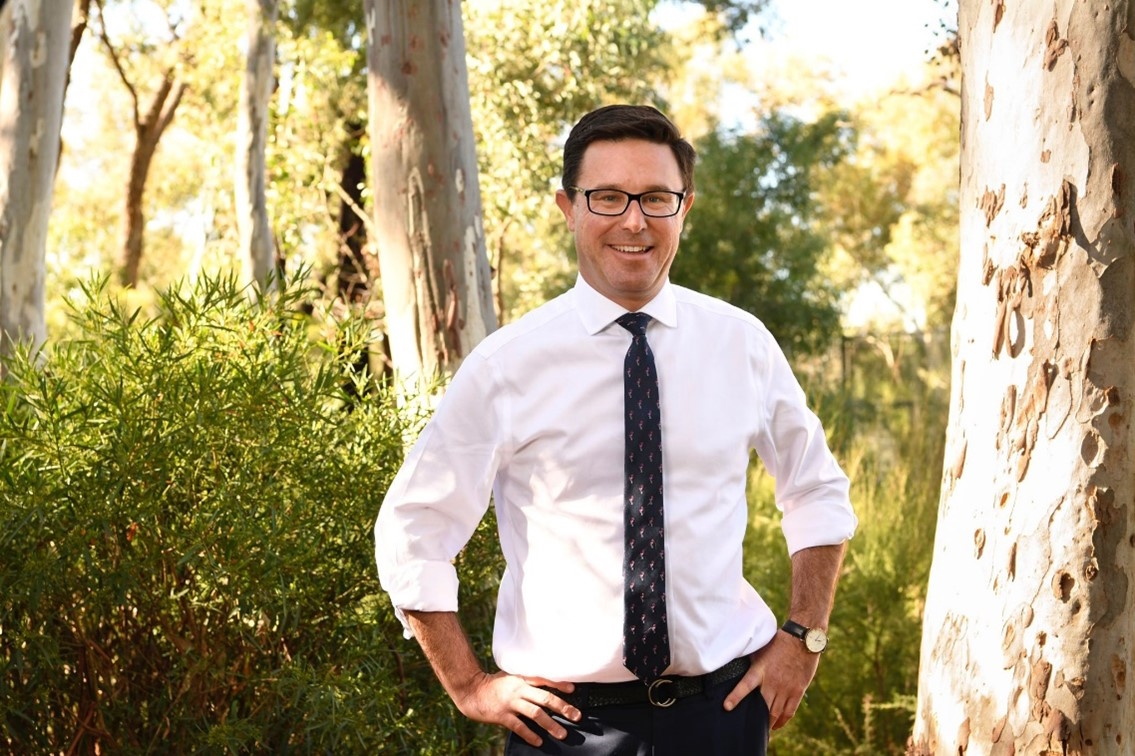Labor’s fresh food tax figure plucked out of thin air

Labor is unable to explain its figures and reasoning behind the new fresh food tax on farmers and families.
The new tax, a biosecurity levy on farmers, will be set at a rate equivalent of 10 per cent of the 2020-21 industry-led levies, which is estimated to increase receipts by $153 million over three years from 2024-25.
During Senate Estimates Agriculture Minister Murray Watt justified the tax, saying it was a “shared responsibility” with Australian farmers as well as international importers.
However, when asked why the levy was set at a rate of 10 per cent, Minister Watt admitted he felt 10 per cent “was a fair contribution to make”.
When challenged if the figure had been plucked out of thin air, Minister Watt again replied “the government made a decision that that was a fair contribution”.
Leader of The Nationals and Shadow Agriculture Minister David Littleproud said it was disappointing Labor had failed to undertake any modelling before it started taxing Australian farmers to pay for the biosecurity risks of their foreign competitors.
“In what parallel universe does a sovereign government ask their own farmers to pay for the risks their foreign competitors pose to this country, so they can then compete with them here in Australia?” Mr Littleproud said.
“Labor seems to have simply come up with the figure of 10 per cent without modelling, a review or investigation. There is no quantitative basis or reasoning behind its new tax on farmers and its implications for Australian families.
“The Nationals, as part of a Coalition Government, will stop Labor’s new fresh food tax, in order to protect and support our farmers, while also helping to ease financial pressures on families.
“Instead of taxing Australian farmers, we will establish an ‘importer container levy’, as recommended by the independent Craik Biosecurity review.
“Under our plan, importers of foreign products will pay for the biosecurity risk they pose – not Australian farmers.”

















